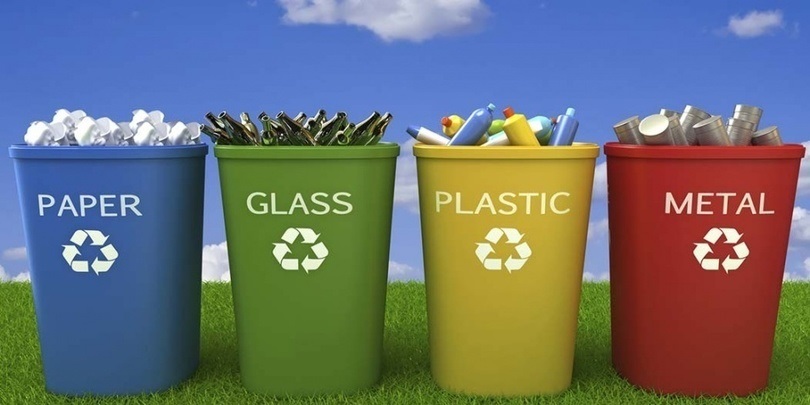Solid Waste Management is one of the biggest global issues facing humankind as a result of rapid urbanization and an ever-increasing global population. The issue puts pressure on the limited resources available such as land, thus making it mandatory to seek new alternative methods for disposing of waste. Jammu and Kashmir is no exception. As per the Draft Policy of 2018, with 1.04% population of India, on an average, J&K generates 3,134 tons of solid waste a day that constitutes organic fraction 40-45%, 20-30% inert fraction, rest plastic rags and other components. The two landfills in Bhagwat Nagar in Jammu division and Achan in Kashmir division are overflowing as both the landfills have already exceeded their capacity. Due to the fertile nature of the land, mountainous terrain, and rapid urbanization, it is difficult to find more land in J&K for waste disposal. The failure of the Srinagar Municipal Corporation to acquire 20 hectares of land for an alternate landfill[1] is a case in point. Despite proposing various plans and strategies, Solid Waste Management (SWM) continues to be a major problem in Jammu and Kashmir.
This paper explores the current state of Solid Waste Management (SWM) in Jammu and Kashmir and by following a cross-learning approach; it introduces two models of SWM successfully implemented in Alappuzha Kerala and Indore. Based on the study of these models, the paper suggests policy recommendations to effectively manage the issue of SWM in the erstwhile state.



Leave a Reply
You must belogged in to post a comment.